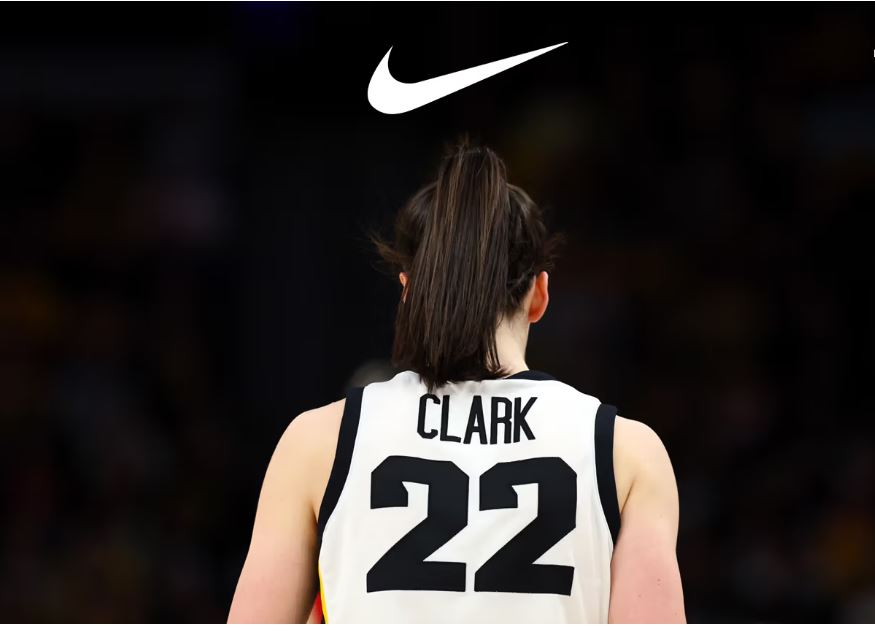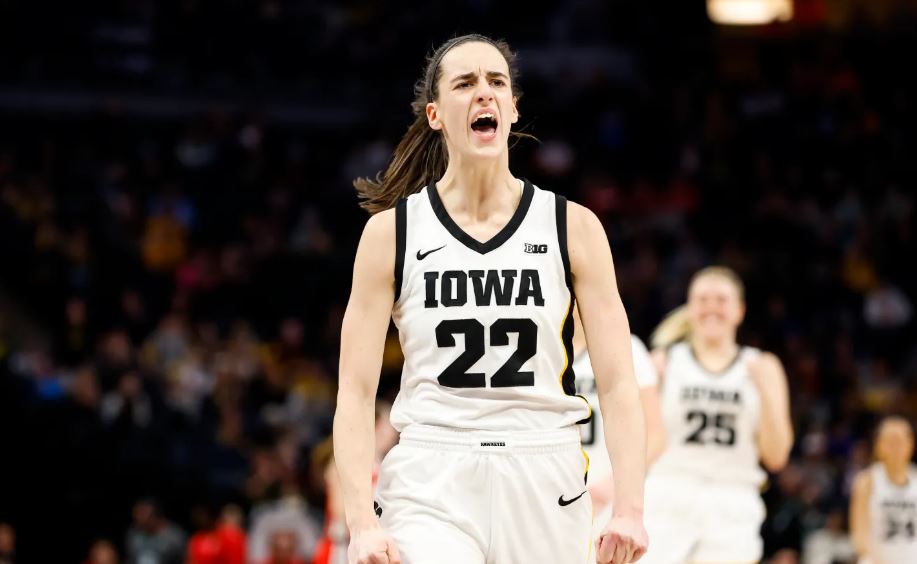Caitlin Clark’s endorsement deal with Nike, valued at $28 million over eight years, was heralded as a landmark agreement in women’s basketball. However, several issues have since emerged, raising questions about the deal’s execution and its alignment with Clark’s market impact.

Delayed Signature Shoe Release
Despite the prominence of Clark’s endorsement, her signature shoe has yet to be released. Industry experts suggest that Nike’s prioritization of other athletes, such as A’ja Wilson, may be contributing to this delay. Some reports indicate that Nike is awaiting the release of Wilson’s shoe before focusing on Clark’s, leading to perceptions that Clark’s product has been sidelined.
Concerns Over Contract Terms
Critics argue that Clark’s contract lacks certain provisions that could have been more favorable. Notably, sports marketing veteran Sonny Vaccaro contends that Clark should have secured a deal akin to Michael Jordan’s legendary agreement with Nike, which included a percentage of sales. Vaccaro believes that Clark’s representatives missed an opportunity to maximize her earning potential by not negotiating such terms.
Marketing Missteps
Additional marketing missteps have further fueled criticism. For instance, Wilson, another sponsor, misspelled Clark’s name as “Caitlyn” on promotional materials, highlighting potential lapses in brand representation. Furthermore, fans have expressed confusion over Nike’s decision to release a signature shoe for college player Paige Bueckers while Clark’s product remains unavailable, questioning the company’s prioritization strategy.
These developments have led to discussions about whether Clark’s endorsement deal fully capitalizes on her marketability and influence, suggesting that both Nike and Clark’s management may need to reassess their strategies to better align with her status as a leading figure in women’s basketball.
